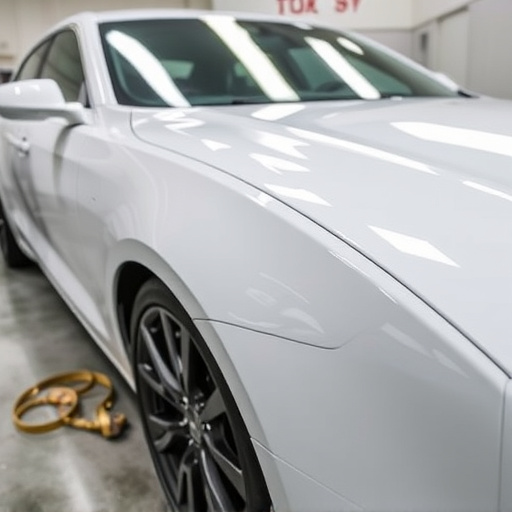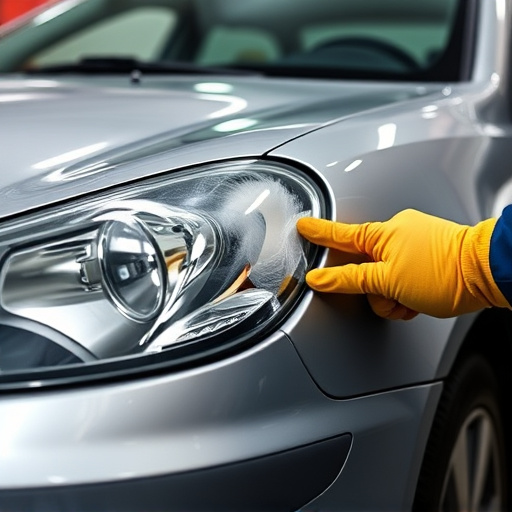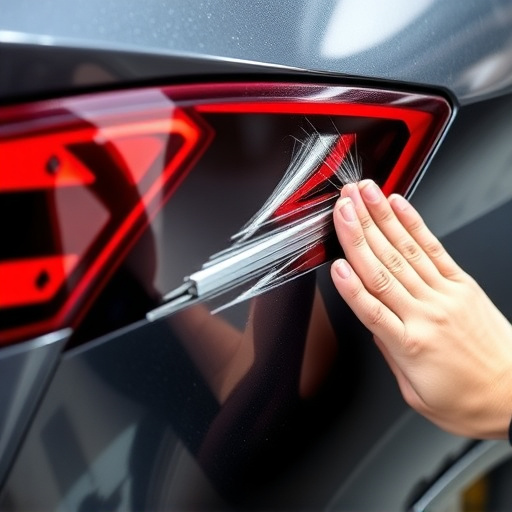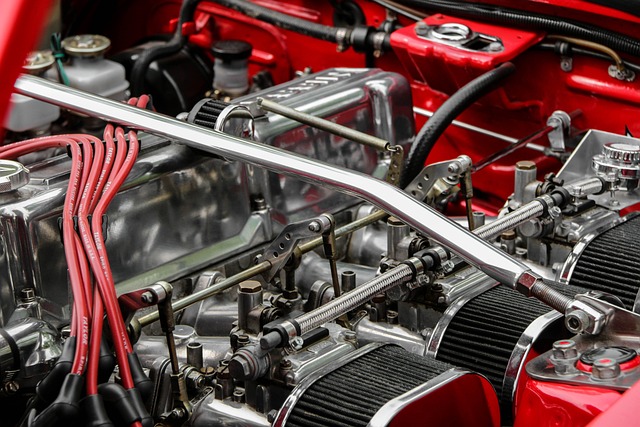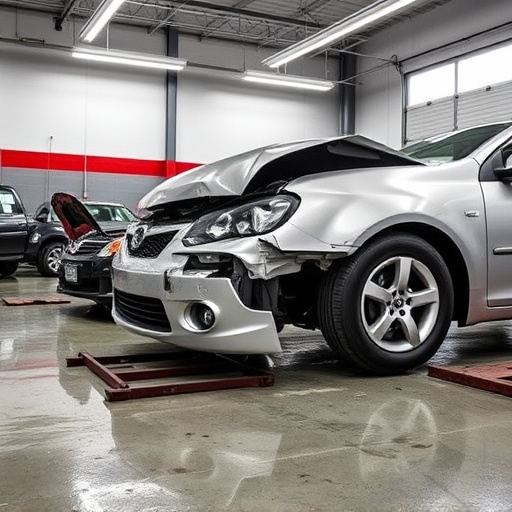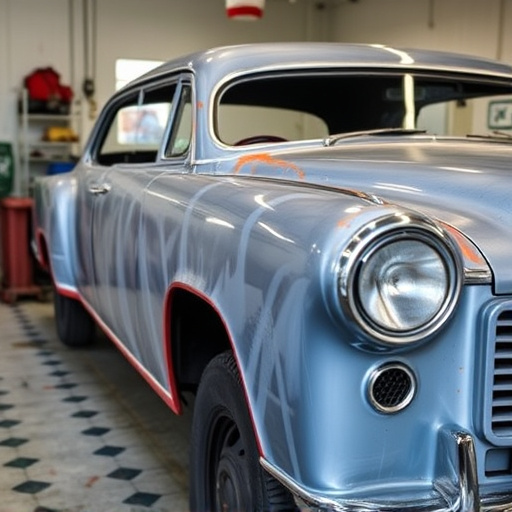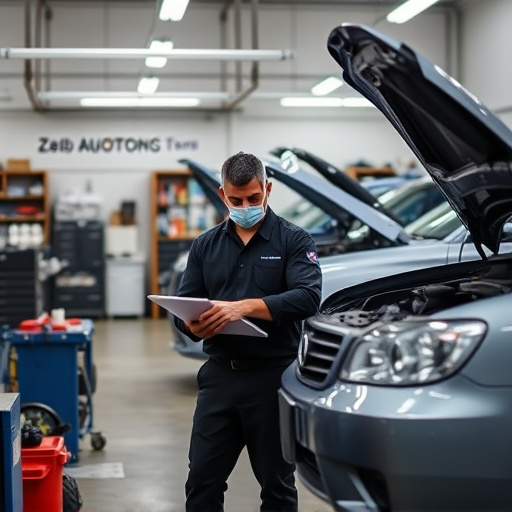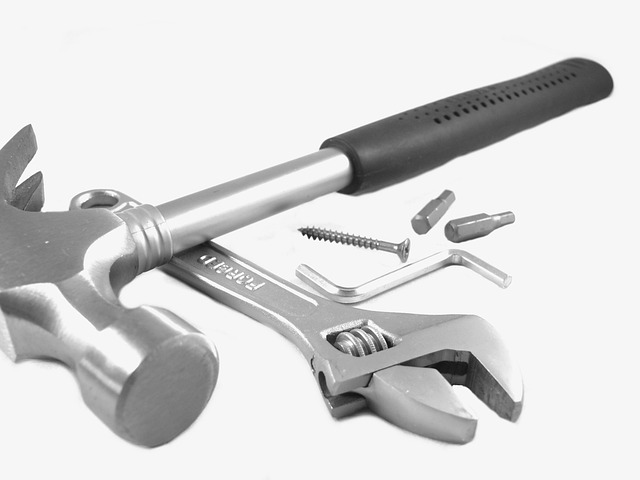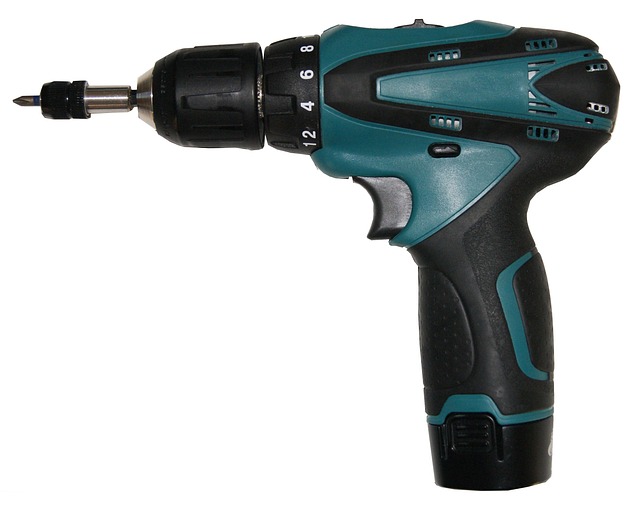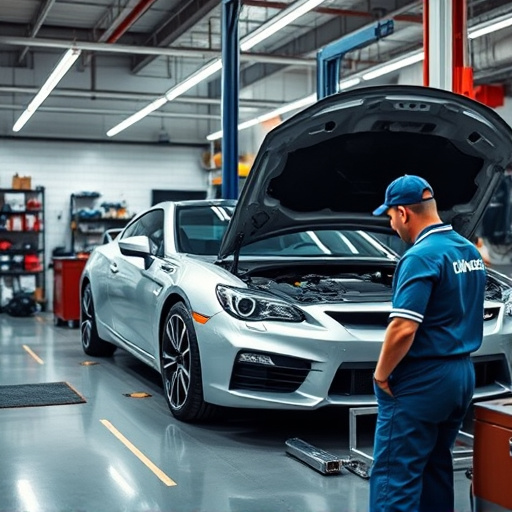Mercedes Active Brake Calibration is a vital safety feature that must be adjusted after any suspension modifications to maintain optimal braking performance. Changes in vehicle dynamics can significantly impact how brakes react during critical situations, emphasizing the need for regular recalibration to ensure consistent and accurate braking. This process is crucial for maintaining stability control, ABS functionality, and overall braking efficiency, enhancing road safety similar to restoring classic cars' critical components like auto glass. Collision repair shops specializing in body work and dent removal often provide these calibration services, with failure to recalibrate risking subpar braking response and increased accident potential.
After making suspension adjustments on your Mercedes, you may need to consider a crucial step: Mercedes active brake calibration. This process ensures that your vehicle’s braking system functions optimally, especially with modified suspensions. Understanding Mercedes active brake calibration is essential for maintaining safety and performance. Discover when recalibration is required and explore the impact and process involved in enhancing your Mercedes’ braking capabilities.
- Understanding Mercedes Active Brake Calibration
- When Suspension Adjustments Require Active Brake Recalibration
- The Impact and Process of Re-Calibrating Active Brakes on Mercedes Vehicles
Understanding Mercedes Active Brake Calibration

Mercedes Active Brake Calibration is a sophisticated system designed to enhance vehicle safety by automatically applying the brakes to prevent or mitigate collisions. This advanced technology requires precise calibration after any adjustments to the suspension, as changes in vehicle dynamics can impact its performance. Understanding this calibration process is crucial for car owners and even more vital for those involved in classic car restoration, ensuring optimal braking efficiency and reliability.
When a car’s suspension is modified, whether for improved handling or cosmetic reasons, it alters the vehicle’s center of gravity and overall stability. These adjustments can significantly affect how the active brake system reacts during critical situations. Therefore, recalibration is essential to ensure that the brakes respond accurately and consistently, providing the best possible stopping power. A reputable car repair shop specializing in modern vehicles can perform this service, offering peace of mind for owners who want their Mercedes’ safety systems to function at peak performance, much like how a skilled restorer would meticulously restore classic cars to their original glory, including critical components like auto glass replacement.
When Suspension Adjustments Require Active Brake Recalibration

When suspension adjustments are made on a Mercedes vehicle, it’s crucial to consider the impact on the active brake system. Changes in the suspension setup can alter the vehicle’s dynamics and handling characteristics, which directly affect how the brakes perform during braking maneuvers. If adjustments like ride height changes, spring replacements, or shock upgrades have been made, a Mercedes active brake recalibration might be necessary to ensure optimal braking performance and safety.
In many cases, collision repair shops specializing in vehicle body repair and including car dent removal services also offer active brake calibration as part of their comprehensive range of services. This is because precise tuning of the active brakes is essential for maintaining the vehicle’s stability control, anti-lock braking system (ABS), and overall braking efficiency. Failing to recalibrate after significant suspension alterations could lead to suboptimal braking response, potentially increasing the risk of accidents or reduced control during critical driving situations.
The Impact and Process of Re-Calibrating Active Brakes on Mercedes Vehicles
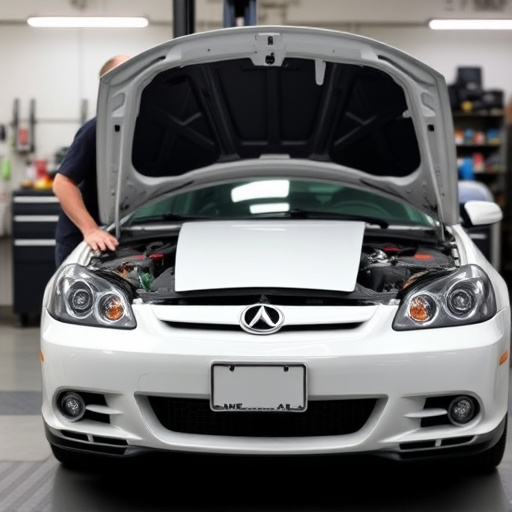
Mercedes Active Brake Calibration is an essential process that ensures the safety and optimal performance of your vehicle’s braking system. After any suspension adjustments on a Mercedes car, re-calibrating the active brakes becomes crucial. These adjustments can impact the car’s handling and stability, which directly affects how the active brake system responds. The calibration process involves advanced diagnostic tools that adjust the braking parameters to match the revised suspension settings, ensuring precise control and stopping power.
This is particularly important for Mercedes owners who value their vehicle’s dynamic performance and safety features. Just as a body shop specialist would expertly restore a classic car or remove a dent, ensuring the active brake system is accurately calibrated is vital to maintaining the vehicle’s overall integrity. By keeping up with regular calibrations after suspension modifications, Mercedes drivers can expect consistent braking performance, enhanced road safety, and a seamless driving experience.
Mercedes Active Brake Calibration is an essential process that should be considered after any suspension adjustments. These adjustments can impact the vehicle’s braking performance, requiring a precise recalibration to ensure optimal safety and driving dynamics. Understanding the necessity of this step is vital for Mercedes owners, as it guarantees that their vehicles’ active brake systems function at peak efficiency, providing confident and responsive braking in various driving conditions.
